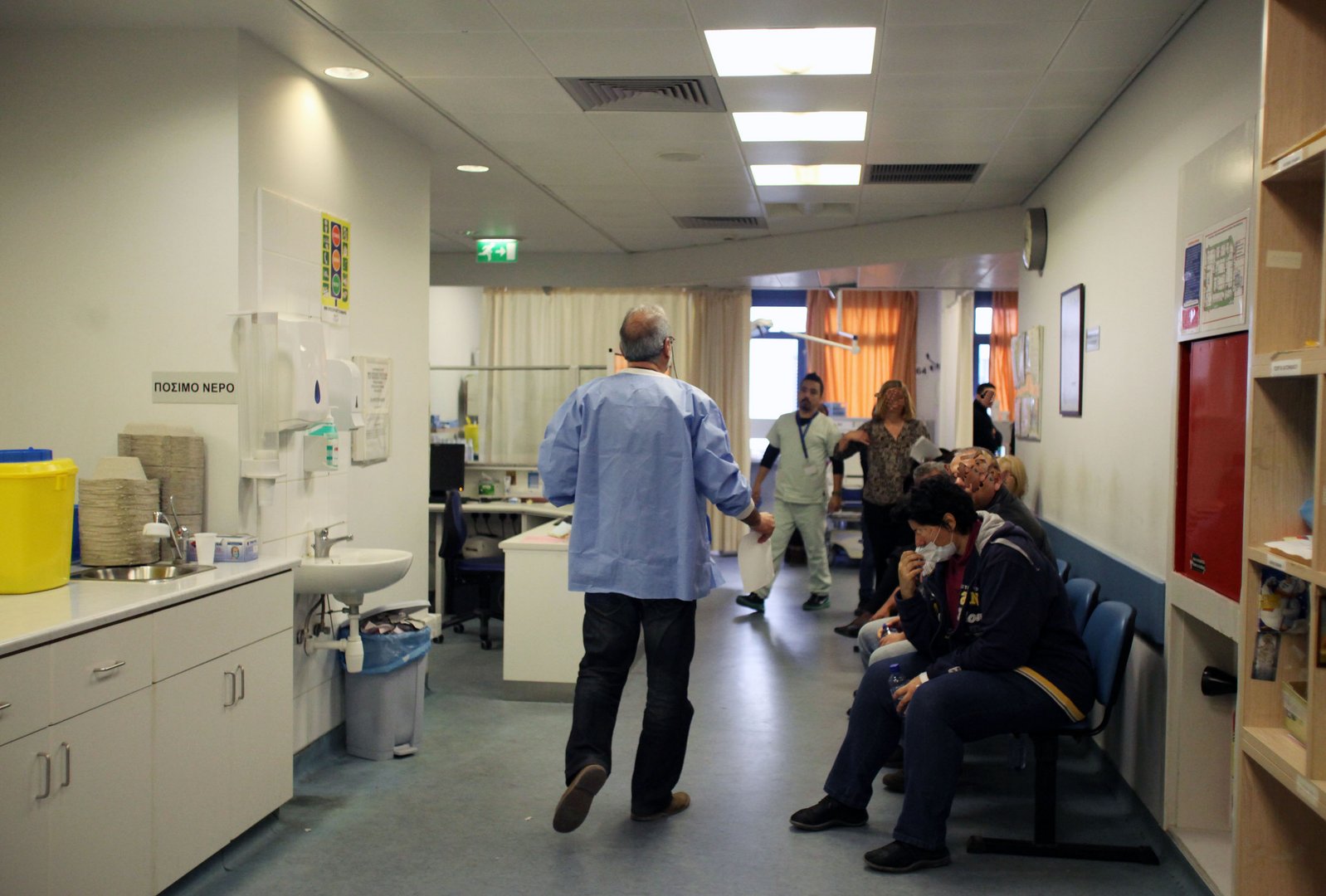Cyprus will face a shortage of doctors and nurses in five years, a capacity planning study from the health ministry showed, as most registered doctors are over the age of 41.
Meanwhile, the study also showed that there were enough dentists and pharmacists to cover the island’s needs, being well above the EU average.
During a presentation of the capacity planning study, Health Minister Popi Kanari said that capacity planning is a process that aims to assess and plan the capabilities of the health system in a timely manner, to cope effectively and efficiently with the current and future health needs of the population, ensuring the adequacy of the required resources.
According to the findings of the needs planning, Cyprus has many doctors, in proportion to the population, it exceeds the EU average, but these doctors belong to the older age groups.
The vast majority are aged 41 and over, with the number of doctors heading for retirement ever increasing. A very small number of doctors belong to the age group of 31-40 years and at the same time, the flow of new doctors to the Cyprus medical register is showing a downward trend.
The plan showed that not even the number of Cypriots studying in the medical schools operating on the island or abroad is sufficient to cover the gaps that will arise after the retirement of a very large number of doctors in the next few years.
Another issue that has been observed is that a number of medical professions have registered on Cyprus’ medical roster but are not practicing in Cyprus.
At the presentation, authorities mentioned that it is necessary to give incentives to these doctors to return and offer their services.
In the context of the study, human resources were recorded on a pan-Cypriot basis for the purpose of evaluating the data.
The registration and evaluation were completed for 17,000 health professionals, of which 63 per cent were doctors and nurses. This category showed a risk of a shortage of medical personnel in the next five years.
There seems to be a problem with the ratio of doctors and nurses, with the number of nurses being small compared to the number of working doctors in Cyprus.
Out of the 17,000 people in the study, there were also dentists, pharmacists, speech therapists, occupational therapists, dieticians, and psychologists.
The study found that the number of dentists in Cyprus was well above the EU average, while pharmacists were close to the EU average.
“The systematic recording of the human resources of health professionals, the training of these professionals and the way they are organised, the recording of the infrastructure in equipment and facilities, allows the development of targeted actions for the holistic treatment of problems in the field of health,” Kanari said.
She added that following the recent radical reforms in the health sector the ministry using the knowledge gained in this EU-funded project capacity planning is promoting key adaptations to substantially strengthen capacity of regulation, supervision, planning and decision-making to ensure seamless delivery of quality services to patients without deviations and limitations.
She added that the ministry is proceeding with the staffing of functional units in matters of supervision and planning of needs and possibilities, in parallel with the submission of a proposal for further technical support.
Some of the actions that will begin to be implemented in the next period have been prepared, while the various, individual, actions that are included in the initial planning of capacity planning are in progress, she said.






Click here to change your cookie preferences